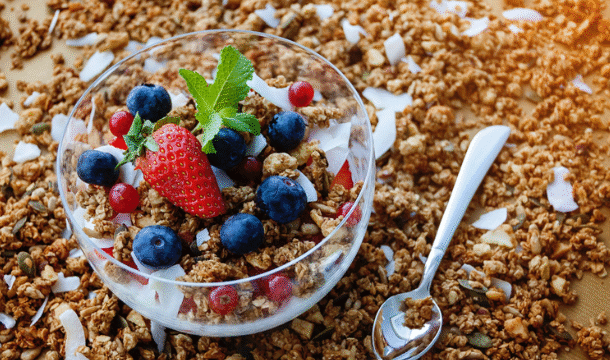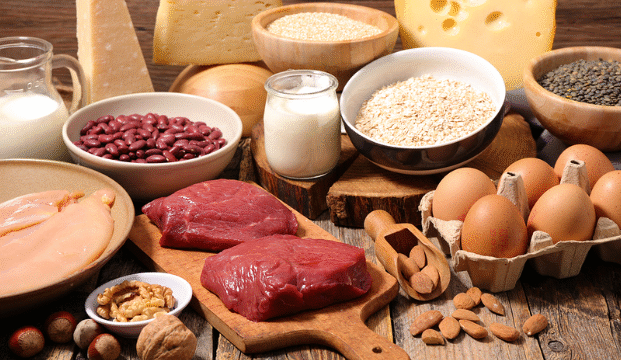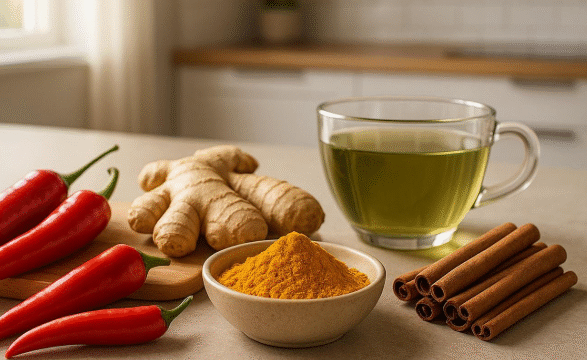What Makes a Food Nutrient-Dense?
- High in vitamins and minerals: Supports overall health and energy.
- High in fiber: Promotes fullness and aids digestion.
- Moderate in calories: Provides nutrients without excessive energy intake.
- Includes protein and healthy fats: Helps maintain muscle mass and satiety.
Top Nutrient-Dense Foods
1. Leafy Greens
Examples: Spinach, kale, Swiss chard
- Packed with vitamins A, C, K, and minerals like magnesium.
- Low in calories but high in fiber, supporting fullness.
2. Colorful Vegetables
Examples: Bell peppers, carrots, broccoli, zucchini
- Rich in antioxidants and fiber.
- Add volume and flavor to meals without many calories.
3. Lean Proteins
Examples: Chicken, turkey, fish, tofu, beans
- Essential for muscle maintenance and satiety.
- Protein requires more energy to digest than carbs or fats.
4. Whole Grains
Examples: Oats, quinoa, brown rice, barley
- Provide fiber and sustained energy.
- Help regulate digestion and blood sugar levels.
5. Nuts and Seeds
Examples: Almonds, walnuts, chia seeds, flaxseeds
- Contain healthy fats, protein, and fiber.
- Small portions help maintain fullness between meals.
6. Fruits
Examples: Berries, apples, pears, oranges
- High in vitamins, antioxidants, and fiber.
- Naturally sweet and nutrient-packed alternatives to processed snacks.
7. Healthy Fats
Examples: Avocado, olive oil, fatty fish
- Support heart health and promote satiety.
- Pair well with vegetables, grains, and proteins.
Sample Meal Ideas
- Breakfast: Greek yogurt with chia seeds and blueberries
- Lunch: Quinoa salad with spinach, chickpeas, and olive oil
- Snack: Apple slices with almond butter
- Dinner: Grilled salmon with roasted broccoli and sweet potato
Final Thoughts
Focusing on nutrient-dense foods helps you get the most out of your meals, supports healthy eating habits, and encourages sustainable weight management. Combining these foods with balanced meals, regular activity, and mindful portion choices is the most effective approach to long-term wellness.






